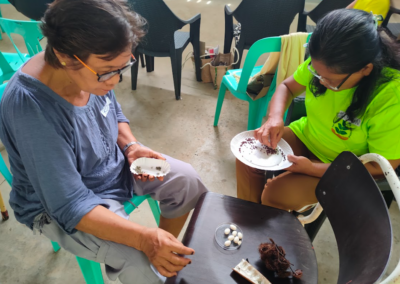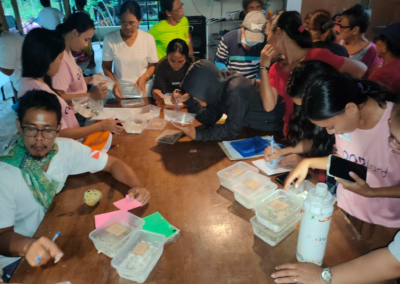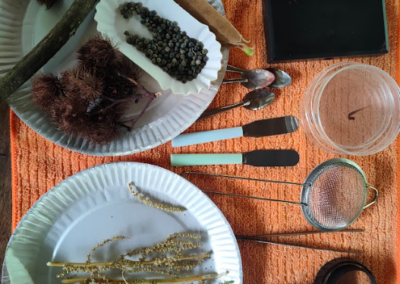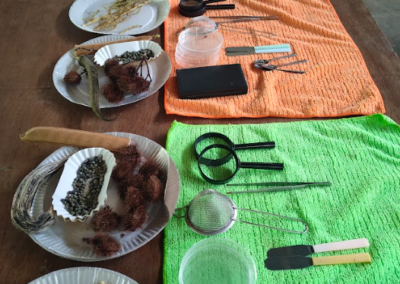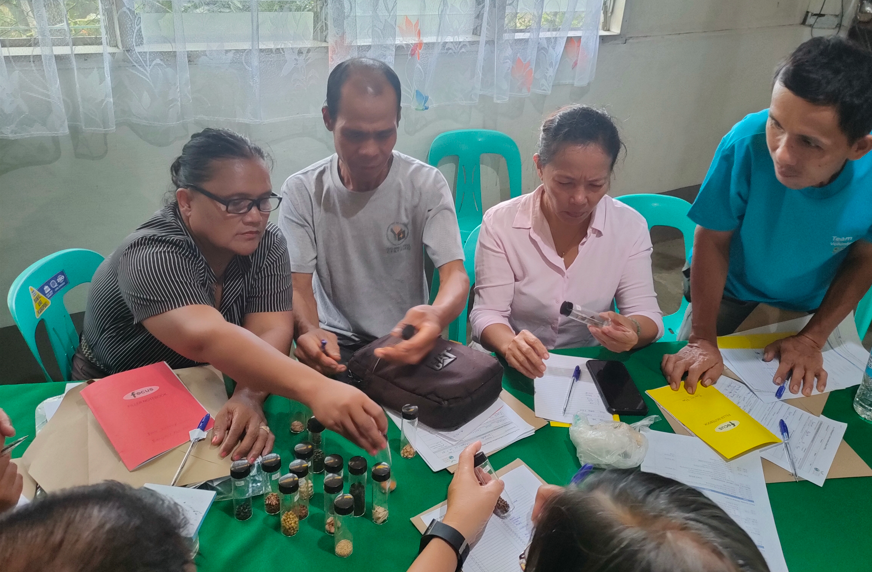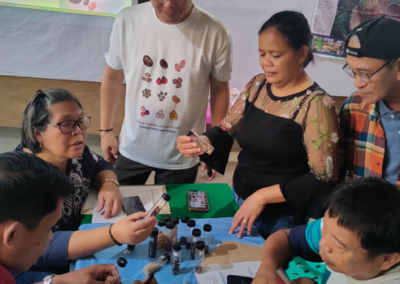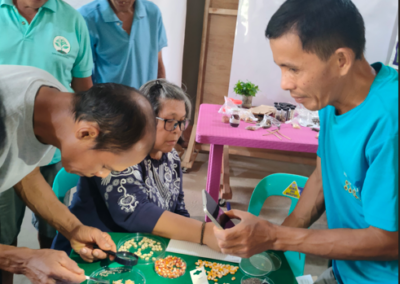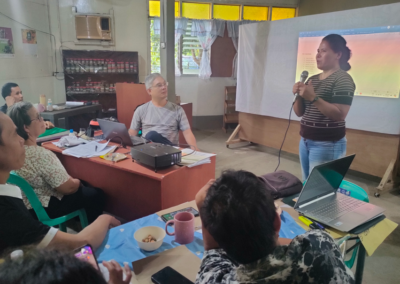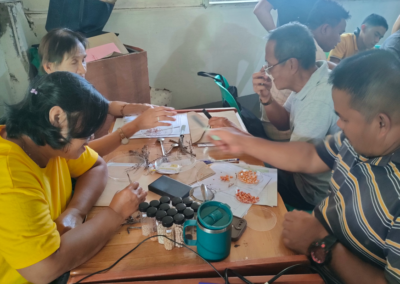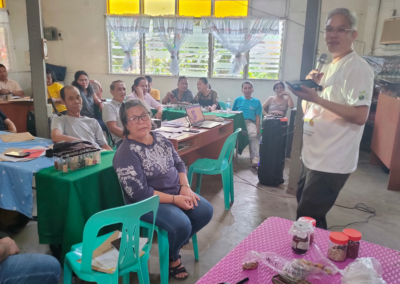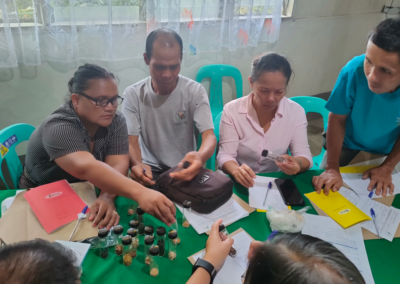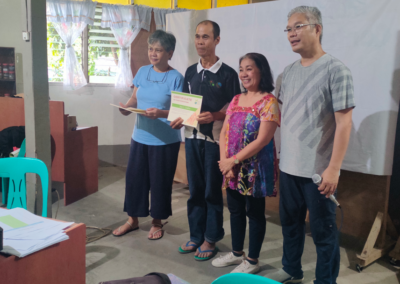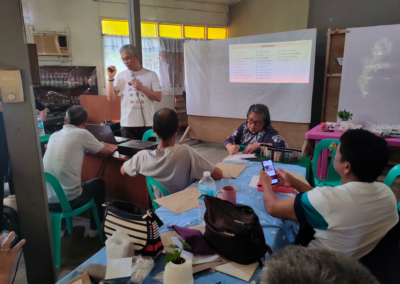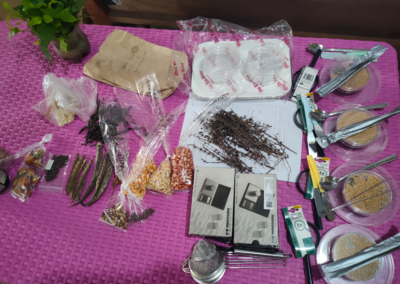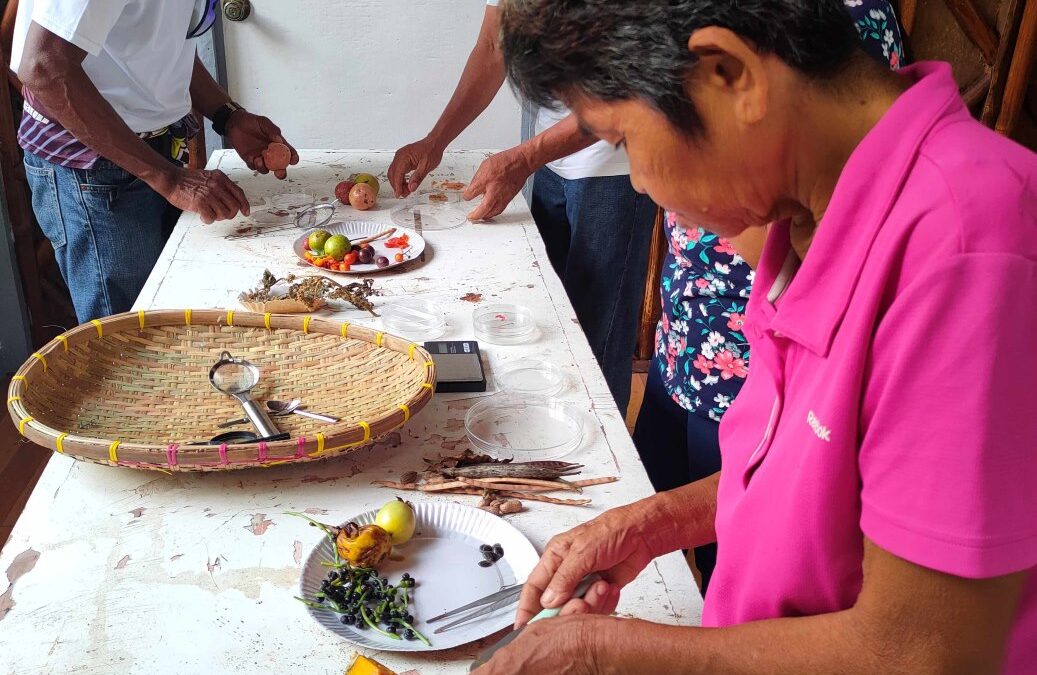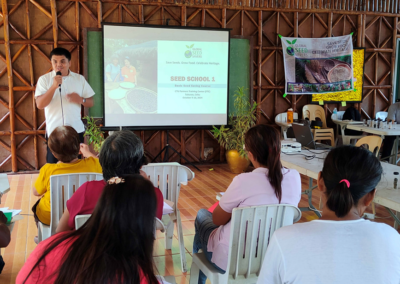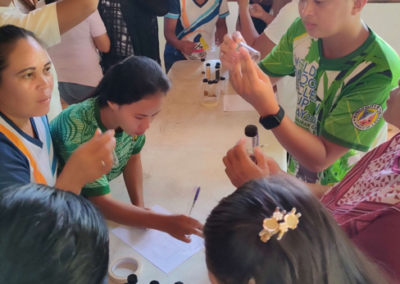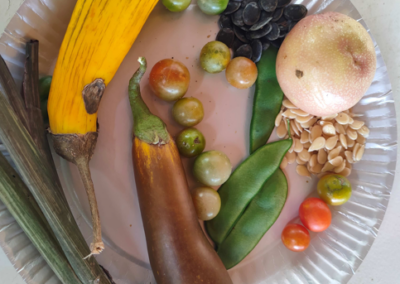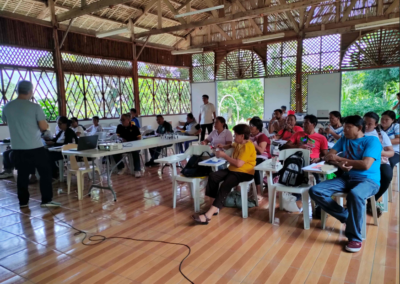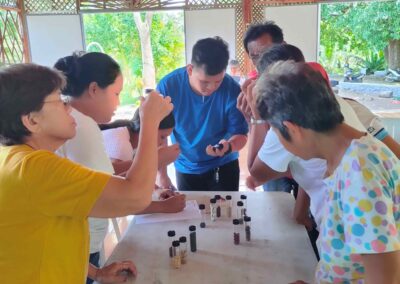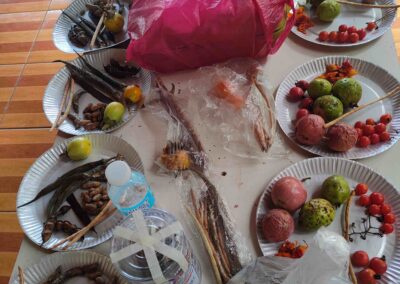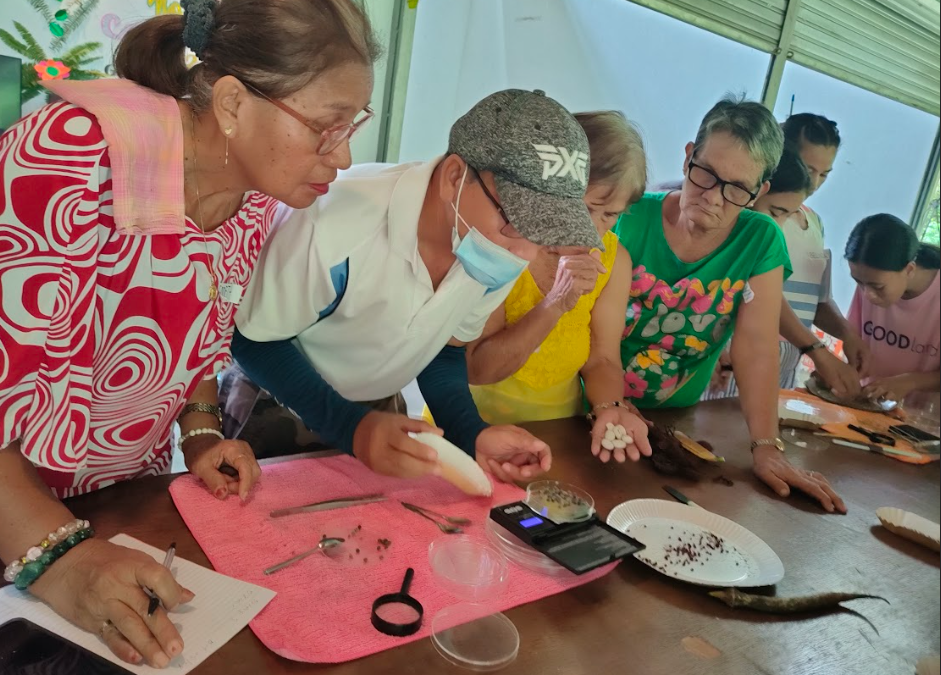
Seed School 2: Cultivating Organic Farming and Seed Sovereignty on Bantayan Island
Global Seed Savers recently held its Seed School 2 on Bantayan Island, Cebu, in collaboration with Goodland at Brgy. Atop-atop. The program aimed to further equip participants with advanced seed-saving techniques and identify candidates for the upcoming Seed School 3 and 2025 planning sessions. Participants shared how they applied lessons from Seed School 1, including proper seed saving and the Community-Driven Development of Seed Systems (CDDSS), which enabled them to grow new crops from saved seeds. The session also addressed curiosity around saving small seeds like amaranth and doubts about seed germination.
During the training, a key discussion emerged about the challenges of cultivating hybrid seeds, which require costly fertilizers. Participants expressed their gratitude to GSS for providing organic seeds that thrive without chemical inputs, making them more suitable for the island’s conditions. Hal Atienza, GSS Philippines Executive Director, introduced the idea of a mobile store for selling organic produce, sparking interest in turning Bantayan into a hub for local vegetable production. This concept was supported by Martha, Goodland’s President, who noted the island’s reliance on imported vegetables and the potential for local farmers to meet the demand.
One of the highlights was the distribution of Seed Library Boxes, a key tool in promoting seed sovereignty on the island. The session’s diverse group, comprising youth, adults, and senior citizens, brought a mix of creativity, experience, and leadership to the initiative. The participants’ enthusiasm for reviving and promoting organic farming signals the success of this program, as they take meaningful steps toward building a resilient, self-sustaining agricultural community on Bantayan Island.
